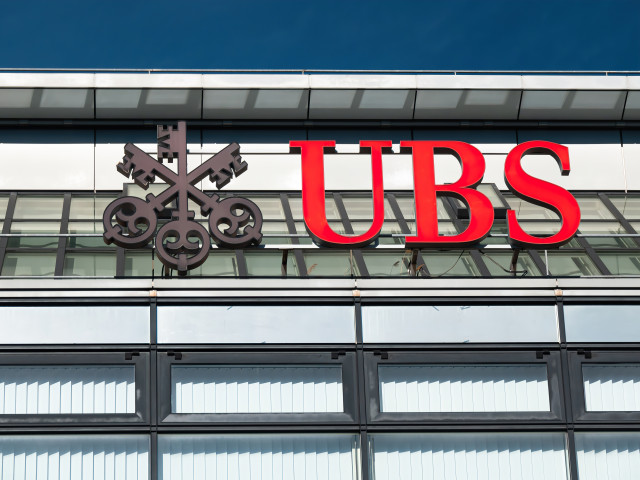UBS Downgrades State Bank of India's Rating, Cites Concerns Over Future Performance
- Posted on October 13, 2023
- Business
- By Arijit Dutta
- 650 Views
In a significant development on Friday, October 13, renowned brokerage firm UBS decided to downgrade the rating of the State Bank of India (SBI) from "Buy" to "Sell." This unprecedented rating shift marks a notable change in UBS's assessment of the bank's future prospects. Alongside the downgrade, UBS also revised the bank's target price substantially, reducing it from Rs 740 to Rs 530, clearly indicating their bearish stance regarding the bank's stock performance.
 Image Source -www.globalcapital.com
Image Source -www.globalcapital.com
In a significant development on Friday, October 13,
renowned brokerage firm UBS decided to downgrade the rating of the State Bank
of India (SBI) from "Buy" to "Sell." This unprecedented
rating shift marks a notable change in UBS's assessment of the bank's future
prospects. Alongside the downgrade, UBS also revised the bank's target price
substantially, reducing it from Rs 740 to Rs 530, clearly indicating their
bearish stance regarding the bank's stock performance.
UBS expressed escalating apprehensions regarding the
State Bank of India's forthcoming performance, offering a comprehensive
rationale for their rating alteration. In a detailed report, UBS posited that
SBI's most favorable financial indicators may have already been achieved. They
anticipate that return ratios will likely reach their pinnacle in FY24,
followed by an anticipated downturn in FY25.
The UBS report drew attention to the expected increase in
retail loan delinquencies, particularly in the unsecured loan segment, which
may potentially escalate credit costs for SBI in FY25. UBS projected a
considerable upsurge in credit costs, with estimates indicating an ascent to 85
basis points (bps) in FY25. This is in contrast to the 56 bps recorded in FY23
and their prior estimate of 65 bps for FY24.
UBS's analysts foresee that the bank's margins will remain constrained at current levels. Factors such as rising credit costs and a challenging economic landscape are expected to play a significant role in this development. The analysts anticipate a moderation of SBI's Return on Assets (ROA) to 0.72% and Return on Equity (ROE) to 11.7% by FY25, signifying a less optimistic outlook for the bank's future performance.
Also Read: Police Officer Caught Riding Train Without Ticket Sparks Public Outrage
According to UBS, "SBI's Common Equity Tier 1 (CET1) capital ratio stands at 10.8%, leaving limited room for maneuver in the event of regulatory tightening." SBI's stock is currently trading 7% below its 52-week high despite its past strong performance. UBS stated that since February 2020, the bank has outperformed the broader banking index by nearly 33%.
In response to these concerns, UBS decided to reduce its earnings per share (EPS) estimates for SBI by 5% for FY24 and FY25. Consequently, the new EPS forecasts stand at 8% and 22% lower than the consensus forecasts, reflecting UBS's apprehension about SBI's future performance.




